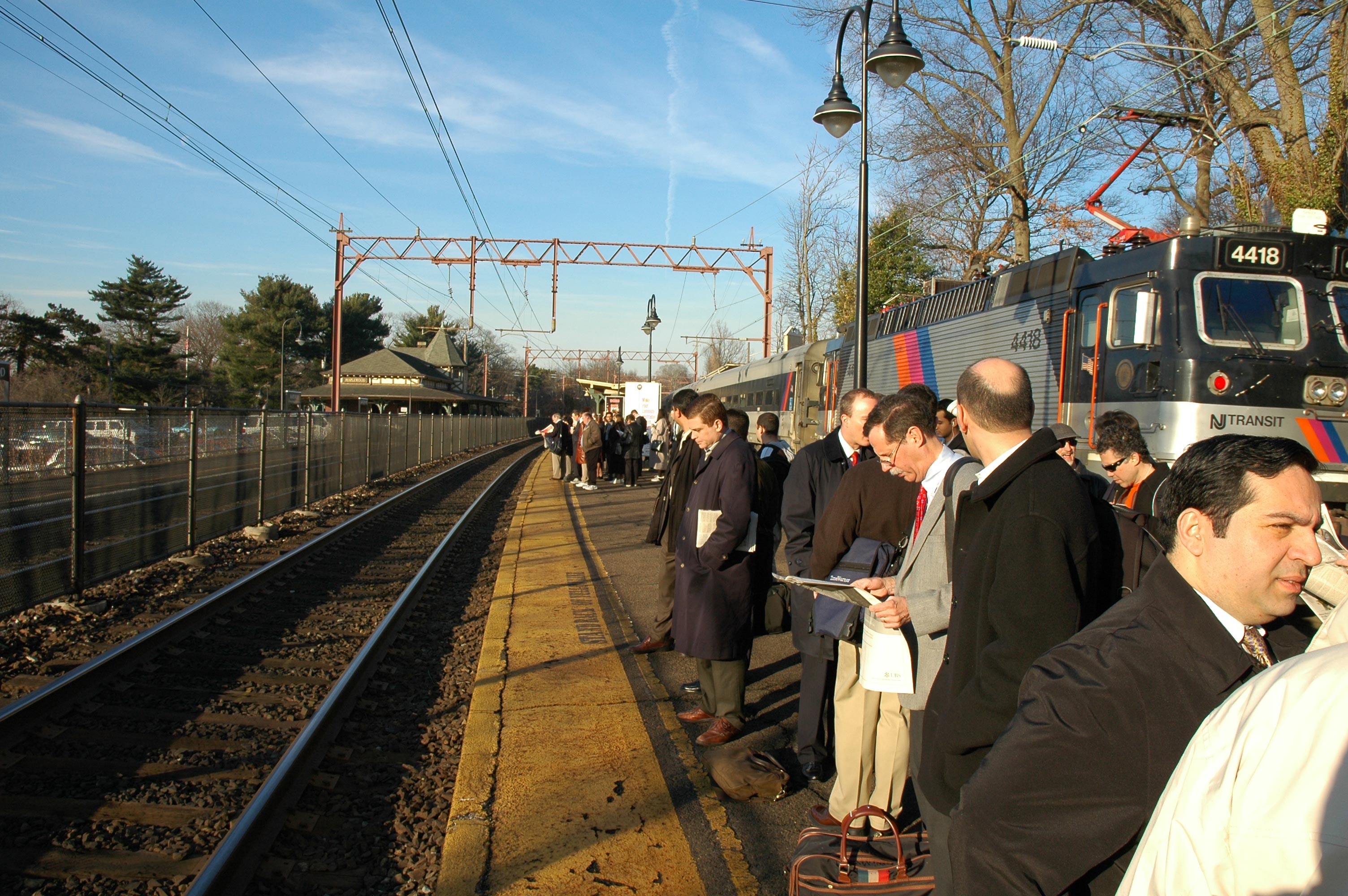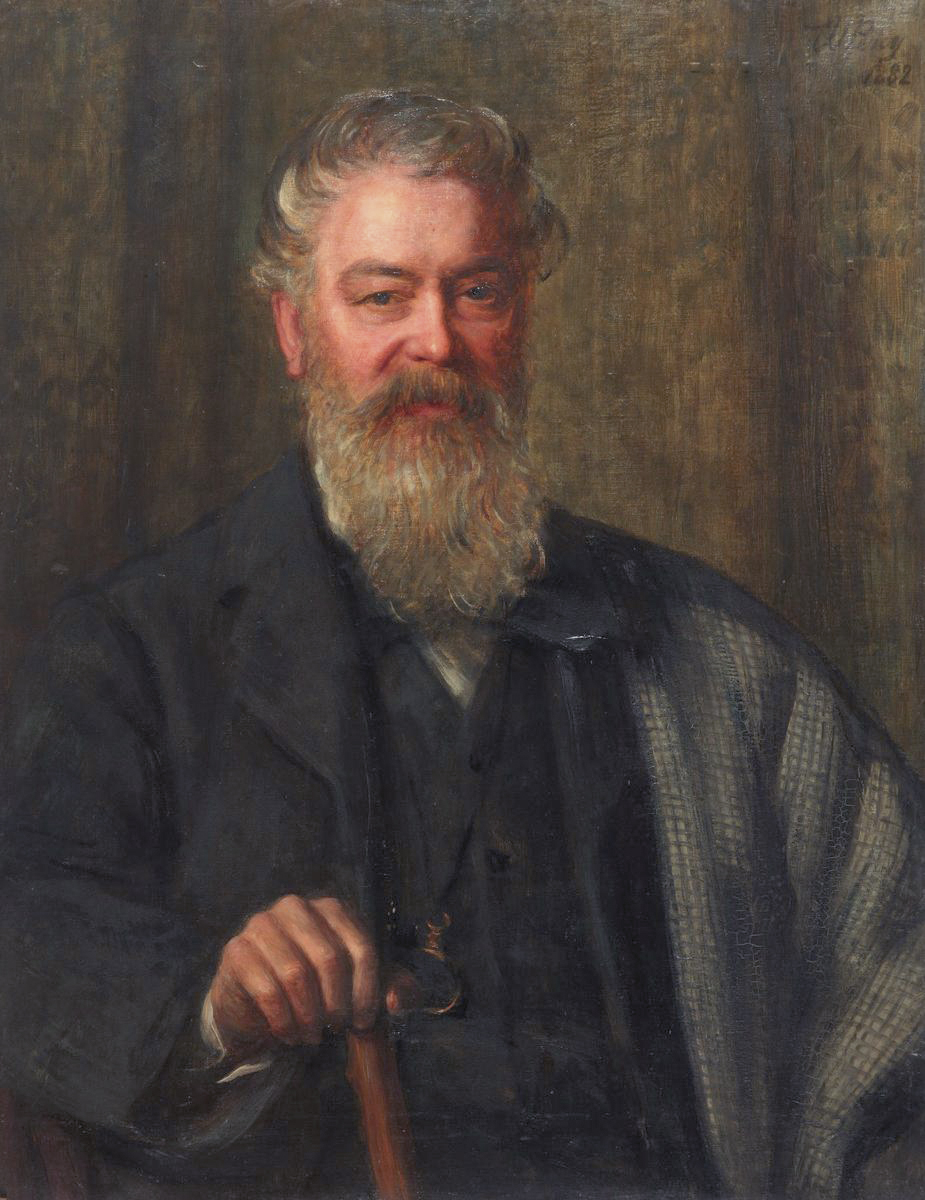|
Edenfield, Rossendale
Edenfield is a village within the Rossendale borough of Lancashire, England. Lying on the River Irwell, it is around north of Ramsbottom, south of Rawtenstall, and west of Norden, and has a total population of 2,080, reducing to 2,053 at the 2011 Census. Edenfield village centre lies at the intersection of three A roads; the A676 from Bolton, the A680 from Accrington and Rochdale and the A56 road, A56 from Rawtenstall Rawtenstall () is a town in the borough of Rossendale, Lancashire, England. The town lies 15 miles/24 km north of Manchester, 22 miles/35 km east of Preston and 45 miles/70 km south east of the county town of Lancaster. The town is at the ... and Bury, Greater Manchester, Bury. The M66 motorway terminates its course at Edenfield, whereupon it becomes the A56 dual carriageway known as the Edenfield Bypass. The village has recently seen growth as a Commuter town, commuter settlement for Greater Manchester. History The origins of the Edenfield place ... [...More Info...] [...Related Items...] OR: [Wikipedia] [Google] [Baidu] |
United Kingdom Census 2011
A Census in the United Kingdom, census of the population of the United Kingdom is taken every ten years. The 2011 census was held in all countries of the UK on 27 March 2011. It was the first UK census which could be completed online via the Internet. The Office for National Statistics (ONS) is responsible for the census in England and Wales, the General Register Office for Scotland (GROS) is responsible for the census in Scotland, and the Northern Ireland Statistics and Research Agency (NISRA) is responsible for the census in Northern Ireland. The Office for National Statistics is the executive office of the UK Statistics Authority, a non-ministerial department formed in 2008 and which reports directly to Parliament. ONS is the UK Government's single largest statistical producer of independent statistics on the UK's economy and society, used to assist the planning and allocation of resources, policy-making and decision-making. ONS designs, manages and runs the census in England an ... [...More Info...] [...Related Items...] OR: [Wikipedia] [Google] [Baidu] |
Commuter Town
A commuter town is a populated area that is primarily residential rather than commercial or industrial. Routine travel from home to work and back is called commuting, which is where the term comes from. A commuter town may be called by many other terms: "bedroom community" (Canada and northeastern US), "bedroom town", "bedroom suburb" (US), "dormitory town", or "dormitory suburb" (Britain/ Commonwealth/Ireland). In Japan, a commuter town may be referred to by the ''wasei-eigo'' coinage . The term "exurb" was used from the 1950s, but since 2006, is generally used for areas beyond suburbs and specifically less densely built than the suburbs to which the exurbs' residents commute. Causes Often commuter towns form when workers in a region cannot afford to live where they work and must seek residency in another town with a lower cost of living. The late 20th century, the dot-com bubble and United States housing bubble drove housing costs in Californian metropolitan areas to hist ... [...More Info...] [...Related Items...] OR: [Wikipedia] [Google] [Baidu] |
Edwin Waugh
Edwin Waugh (1817–1890) was an English poet. Life The son of a shoemaker, Waugh was born in Rochdale, Lancashire, England and, after some schooling, was apprenticed to a printer, Thomas Holden, at the age of 12. While still a young man he worked as a journeyman printer, travelling all over Britain, but eventually returned to his old job in Rochdale. Waugh read eagerly, and in 1847 became assistant secretary to the Lancashire Public School Association and went to work in Manchester. In Manchester he started publishing descriptions of rural rambles, and the reception of his works encouraged him to persevere. By 1860 he was able to become a full-time writer; but in 1881 he was in poor health and was granted a Civil List pension of £90 p.a. Death and legacy Waugh died at his home in New Brighton, Cheshire, in 1890 and was buried in St. Paul's churchyard on Kersal Moor. Waugh's Well was built in 1866 to commemorate him at Foe Edge Farm, on the moors above Edenfield, Rossendal ... [...More Info...] [...Related Items...] OR: [Wikipedia] [Google] [Baidu] |
John Betjeman
Sir John Betjeman (; 28 August 190619 May 1984) was an English poet, writer, and broadcaster. He was Poet Laureate from 1972 until his death. He was a founding member of The Victorian Society and a passionate defender of Victorian architecture, helping to save St Pancras railway station from demolition. He began his career as a journalist and ended it as one of the most popular British Poets Laureate and a much-loved figure on British television. Life Early life and education Betjeman was born John Betjemann. He was the son of a prosperous silverware maker of Dutch descent. His parents, Mabel (''née'' Dawson) and Ernest Betjemann, had a family firm at 34–42 Pentonville Road which manufactured the kind of ornamental household furniture and gadgets distinctive to Victorians. During the First World War the family name was changed to the less German-looking Betjeman. His father's forebears had actually come from the present day Netherlands more than a century earlier, setting ... [...More Info...] [...Related Items...] OR: [Wikipedia] [Google] [Baidu] |
Luddite
The Luddites were a secret oath-based organisation of English textile workers in the 19th century who formed a radical faction which destroyed textile machinery. The group is believed to have taken its name from Ned Ludd, a legendary weaver supposedly from Anstey, near Leicester. They protested against manufacturers who used machines in what they called "a fraudulent and deceitful manner" to get around standard labour practices. Luddites feared that the time spent learning the skills of their craft would go to waste, as machines would replace their role in the industry. Many Luddites were owners of workshops that had closed because factories could sell the same products for less. But when workshop owners set out to find a job at a factory, it was very hard to find one because producing things in factories required fewer workers than producing those same things in a workshop. This left many people unemployed and angry. The Luddite movement began in Nottingham in England and cu ... [...More Info...] [...Related Items...] OR: [Wikipedia] [Google] [Baidu] |
Peel Monument
:''See peel tower for the generic structure'' The memorial tower to Sir Robert Peel, high above Ramsbottom was planned and erected at the same time as Bury was preparing its statue to the then recently deceased statesman who was born in Bury. The tower occupies a prominent position on Harcles Hill (known locally as "Holcombe Hill" due to its location next to Holcombe village) 1,100 feet (335 m) above sea level. The monument is believed to have been designed by members of the memorial committee who included the local textile entrepreneur and philanthropist William Grant. Grant was said to have been responsib ... [...More Info...] [...Related Items...] OR: [Wikipedia] [Google] [Baidu] |
Rossendale Valley
The Rossendale Valley is in the Rossendale area of Lancashire, England, between the West Pennine Moors and the main range of the Pennines. The area includes the steep-sided valleys of the River Irwell and its tributaries (between Rawtenstall and Bacup), which flow southwards into Greater Manchester. The rivers cut through the moorland of the Rossendale Hills, generally characterized by open unwooded land, despite the ancient designation of "forest". History One of the earliest sites of historical interest in the valley is that of the dykes at Broadclough, which are associated with the Battle of Brunanburh. In late Middle Ages, the valley was part of the Royal Forest of Rossendale. The original medieval meaning of 'forest' was similar to a ‘preserve’, for example land that is legally kept for specific purposes such as royal hunting. So ‘forests’ were areas large enough to support species such as wolves and deer for game hunting and they encompassed other habitats such ... [...More Info...] [...Related Items...] OR: [Wikipedia] [Google] [Baidu] |
Jake Berry
Sir James Jacob Gilchrist Berry (born 29 December 1978) is a British Conservative Party politician and former solicitor who served as Chairman of the Conservative Party and Minister without Portfolio from 6 September to 25 October 2022. He previously served as Minister for the Northern Powerhouse from 2017 to 2020 in the governments of Theresa May and Boris Johnson. Berry has been the Member of Parliament (MP) for Rossendale and Darwen in Lancashire since the 2010 general election, when he defeated the sitting Labour Party MP Janet Anderson by a majority of 4,493 votes. Early life Berry was born on 29 December 1978 in Liverpool and privately educated at Liverpool College, before studying for a law degree at Sheffield University. He trained to be a solicitor in Chester and in the City of London, qualifying as a solicitor in 2003. He worked for a number of legal practices, specialising in planning law. Parliamentary career Berry was elected in the general election of 2010 ... [...More Info...] [...Related Items...] OR: [Wikipedia] [Google] [Baidu] |
Administrative Counties Of England
Administrative counties were subnational divisions of England used for local government from 1889 to 1974. They were created by the Local Government Act 1888, which established an elected county council for each area. Some geographically large historic counties were divided into several administrative counties, each with its own county council. The administrative counties operated until 1974, when they were replaced by a system of metropolitan and non-metropolitan counties under the Local Government Act 1972. History Introduction of county councils In 1888 the government, led by the Tory prime minister Lord Salisbury established county councils throughout England and Wales, covering areas known as administrative counties. Many larger towns and cities were given the status of county borough, with similar powers and independent of county council control. Under the Act, each county borough was an "administrative county of itself". Cambridgeshire, Lincolnshire, Northamptonshir ... [...More Info...] [...Related Items...] OR: [Wikipedia] [Google] [Baidu] |
Ramsbottom Urban District
Ramsbottom Urban District was, from 1894 to 1974, a local government district of the administrative county of Lancashire, England. Its area was coterminate with Ramsbottom, spanning an area of the Rossendale Valley north of the County Borough of Bury. The Urban District was created by the Local Government Act 1894, and abolished by the Local Government Act 1972 The Local Government Act 1972 (c. 70) is an Act of the Parliament of the United Kingdom that reformed local government in England and Wales on 1 April 1974. It was one of the most significant Acts of Parliament to be passed by the Heath Gov ...; in 1974 the Central, East, South and West wards of the district joined the Metropolitan Borough of Bury, the North and Walmersley cum Shuttleworth wards to the Borough of Rossendale. References Districts of England created by the Local Government Act 1894 Districts of England abolished by the Local Government Act 1972 History of Lancashire History of the Metropolit ... [...More Info...] [...Related Items...] OR: [Wikipedia] [Google] [Baidu] |




.jpg)